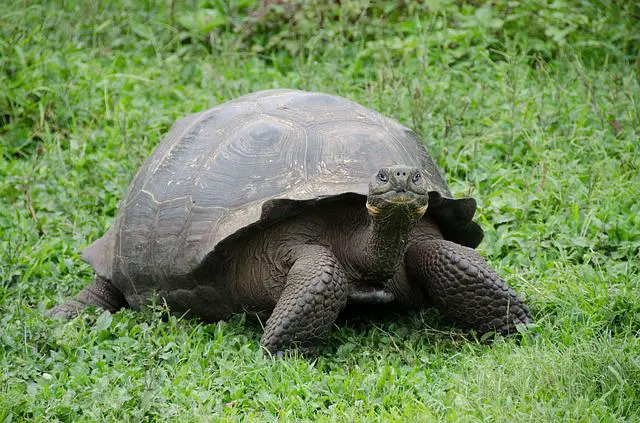It’s a question that pet owners everywhere have asked themselves at one time or another – can I keep a tortoise in my apartment? The answer, as with most things in life, is it depends. In this blog post, we’ll take a look at the basics of housing a pet tortoise and what you need to consider before making the decision to bring one into your home.
Introduction
Tortoises are amazing creatures that can make great pets. They are very independent and do not require a lot of care, but there are a few things to keep in mind if you are considering keeping a tortoise in an apartment.
- First, they need a large enclosure. A tortoise needs room to roam and explore, and an apartment is simply not big enough to provide the space they need.
- Second, tortoises are very sensitive to temperature changes. They need a warm environment, and an apartment is often too cold for them.
- Third, they need access to sunlight. Tortoises rely on sunlight to help them regulate their body temperature, and an apartment often does not have enough natural light.
- Finally, tortoises are very long-lived creatures. They can live for 50 years or more, so it is important to be prepared for the long-term commitment of owning a tortoise.
Overall, while tortoises can make great pets, it is important to consider all of the factors before making the decision to keep one in an apartment.
The benefits of owning a tortoise
Have you ever thought about owning a tortoise? These fascinating creatures make great pets and can provide numerous benefits. For starters, they are low-maintenance, requiring little more than food, water, and a place to hide.
They are also long-lived, with some species living for over 100 years. In addition, tortoises can help to control pests in your garden and will offer hours of enjoyment as you watch them roam around.
So if you’re looking for a pet that is low-maintenance, long-lived, and interesting to watch, a tortoise may be the perfect choice for you.
How to choose the right tortoise for your home
When deciding to bring a tortoise into your home, there are many factors to consider. First and foremost, you need to make sure that you have the right type of enclosure for your tortoise. tortoises can range in size from a few inches to several feet, so it’s important to choose an enclosure that is large enough to provide ample space for your tortoise to move around.
Additionally, you will need to provide the proper type of substrates and lighting for your tortoise. Some tortoises require special diets, so be sure to do your research in advance.
Finally, it’s important to select a tortoise that is compatible with your lifestyle. If you travel frequently or are unable to provide regular care, you may want to consider a different pet.
However, if you are ready to commit to providing the necessary care, then choosing the right tortoise can be a rewarding experience.
Housing and care requirements for tortoises
Tortoises are cherished pets that can provide years of enjoyment. However, they have very specific housing and care requirements that must be met in order to ensure their health and wellbeing.
Tortoises need a large enclosure that provides plenty of space for them to exercise and explore. The enclosure should also include hiding places, as tortoises like to feel secure.
It is important to use a substrate that allows the tortoise to dig, as this is a natural behavior. In terms of diet, tortoises are herbivores and need a high-fiber diet that includes leafy greens and other vegetables. They also need access to fresh water at all times.
When it comes to caring, tortoises require regular vet checkups and should be seen by a reptile specialist if any health concerns arise. By providing their tortoise with the proper housing and care, owners can enjoy many happy years with their pets.
Tips for keeping your tortoise happy and healthy in an apartment setting
While a tortoise may not be the first pet that comes to mind for an apartment dweller, with a little planning, they can make excellent indoor companions. Here are a few tips for keeping your tortoise happy and healthy in an apartment setting:
First, it’s important to choose the right tortoise for your space. If you have a small apartment, consider a species like the Russian tortoise or the sulcata tortoise, which stay relatively small as adults. Second, create a comfortable habitat for your tortoise.
This should include a warm basking area, a hiding spot, and plenty of room to roam. Third, provide your tortoise with a healthy diet of fresh vegetables and high-quality pellets. Lastly, take your tortoise to the vet regularly for check-ups and to ensure they stay healthy.
With these tips in mind, you can enjoy the companionship of a tortoise while living in an apartment.
Conclusion
As you can see, there are a few things to consider before bringing a tortoise into your home. While they can be low-maintenance pets, they still require some care and attention. If you’re prepared to provide your tortoise with a suitable enclosure and meet its other needs, then you can enjoy many years of companionship with your new pet.




